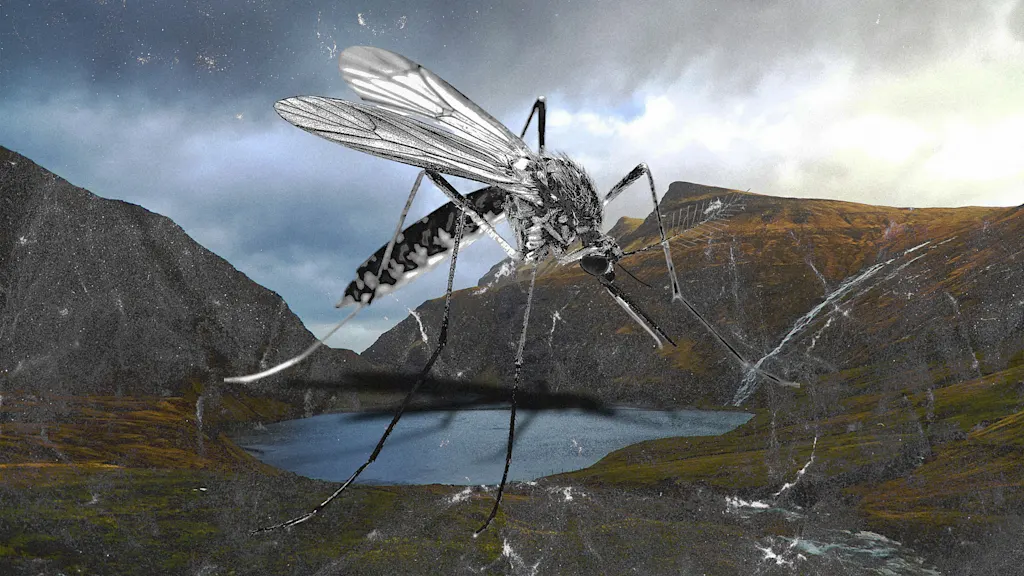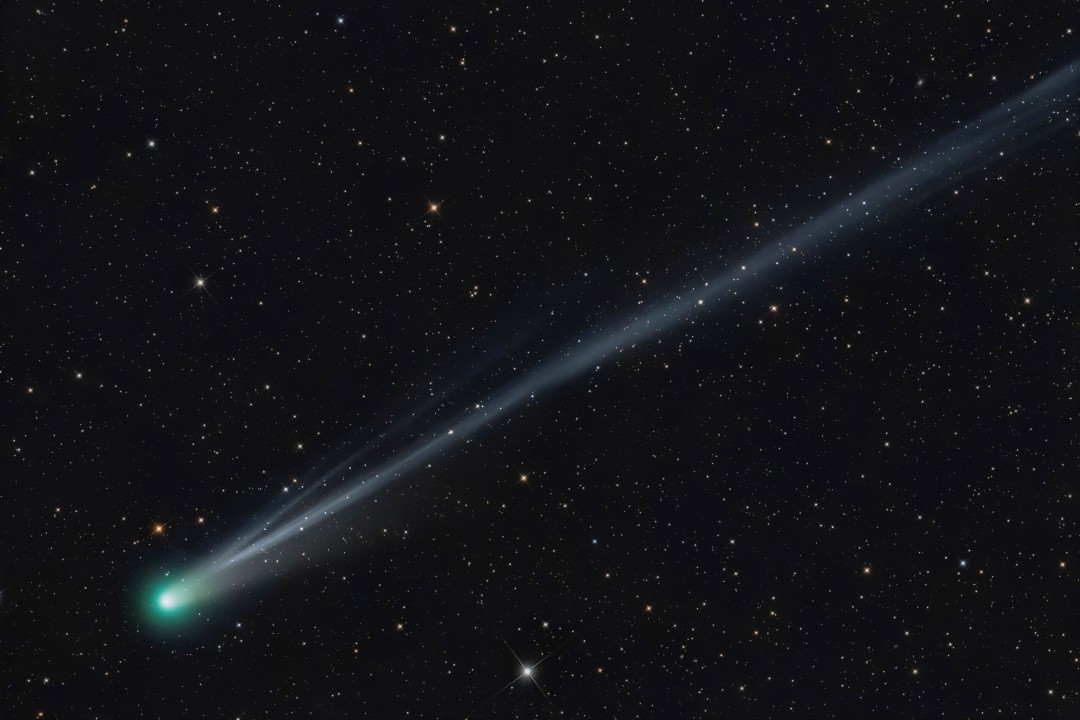Copyright Fast Company

Iceland has long been known as the only habitable place in the world free from mosquitoes. (Antarctica is also mosquito-free, but is not habitable to humans). The Nordic country has been spared from the insects in part because of its intense winters and oceanic climate—until now. Mosquitoes have been found in Iceland for the first time this month, a sign of how our warming world is enabling the pesky and downright deadly insects to expand their range. An insect enthusiast in Kjós named Björn Hjaltason posted about his discovery in a Facebook group that translates to “Insects in Iceland,” multiple Icelandic news outlets have reported. “Ladies and gentlemen—may I introduce . . . for the first time in Iceland . . . MOSQUITO!” the post read, according to the Icelandic newspaper Vísir. After finding three mosquitoes, Hjaltason sent the insects to the Natural Science Institute of Iceland, which researches the country’s natural environment. Subscribe to the Daily newsletter.Fast Company's trending stories delivered to you every day Privacy Policy | Fast Company Newsletters Matthías Alfreðsson, an entomologist there, confirmed the bugs were, in fact, mosquitoes—specifically, ones from the Culiseta annulata species, which is native to northern Europe. Mosquitos have previously been found on planes coming into Iceland, Alfreðsson told RÚV, the national public broadcaster, but this recent finding marked the first time that the insect has been found on Icelandic soil. He said the discovery was significant. A warming world Climate change is causing the entire planet to experience record-high temperatures, and Iceland is particularly affected. Iceland has been warming about three times faster than the global average warming rate, according to the Icelandic Meteorological office. Rising temperatures are also lighting a fuse under volcanoes, causing more eruptions—a process already observed in Iceland. Almost all of Iceland’s glaciers are receding, and some have vanished completely. As our planet warms, it becomes more hospitable to insects, which spread beyond their native regions. Scientists have long warned that mosquitoes are on the move, and as they are the world’s deadliest animal—carrying diseases from malaria to zika virus to dengue fever—that puts millions more people at risk. Culiseta annulata is not considered a primary vector for disease, but other mosquitoes that have been expanding into colder areas of the world are. Asian tiger mosquitoes, originally from Southeast Asia, which transmit dengue, have recently been found in the United Kingdom, for example. advertisement In Iceland to stay Iceland was always somewhat of an anomaly when it came to its lack of the buzzing, biting bugs. Its Nordic neighbors, including Denmark, Norway, and Greenland, have had thriving mosquito populations. Iceland is also full of lakes and ponds, where mosquitoes often breed. (The country is home to other flying, biting bugs, though.) Scientists have theorized, the New York Times previously reported, that Iceland’s “oceanic climate,” including its multiple major freezes and thaws each year, have kept the bugs from breeding and surviving. But the mosquitoes recently found in Iceland are likely there to stay, entomologists say. The species is particularly cold-resistant, and may survive the Icelandic winters by hiding out in basements or barns. Experts will need to monitor the situation come spring to see if the species really becomes “established” in Iceland, one entomologist told Fast Company. Their potential infiltration of the Nordic island ultimately isn’t much of a surprise to scientists, who have expected this outcome as the evidence of global warming has mounted. Iceland’s average air temperature has increased about 2 degrees Fahrenheit in the past 20 years, per the Times, allowing some 200 new insect species to make Iceland their home, when they couldn’t previously survive its conditions. “If the warming continues, we may find mosquitoes in Iceland in the near future,” Gisli Mar Gislason, a biologist at the University of Iceland, told the Times in 2016.



